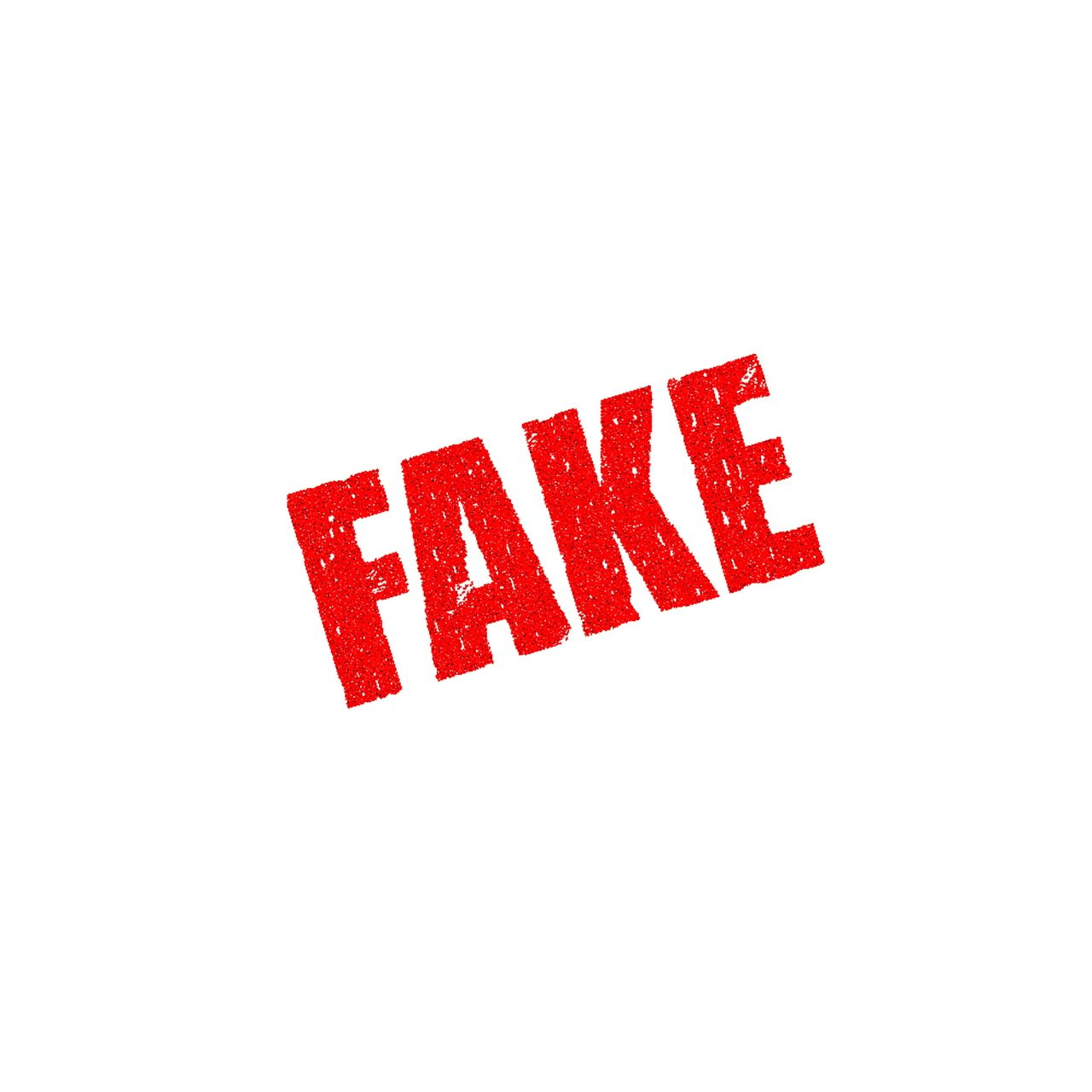 It seems that the Spanish Supreme Court is willing to change the panorama that trademark owners have been facing when exercising their rights against counterfeits in Spain.
It seems that the Spanish Supreme Court is willing to change the panorama that trademark owners have been facing when exercising their rights against counterfeits in Spain.
In its judgment of 13 July 2023, the Court ratified the penalty imposed in previous instances on a private individual for trademark counterfeiting and to pay compensation for “moral damages”, considering that the mere possession of the counterfeit goods produces a strong reputational damage to the trademark holder.
In this way, it seems to want to break with the traditional position that the Spanish Courts of first and second instance had been holding with regard to damages in cases of counterfeiting, where they systematically reject to grant a compensation to the owner of the affected trademark, as well as a reparation that could compensate the damage caused to the prestige of the trademark (“moral damages”), if the counterfeited goods had not reached the market (for example, because it had been seized by the Police).
Well, the Supreme Court now states that in such mentioned cases it is possible to award compensation for “moral damages” in favour of the trademark owner, considering that the problems (sometimes the impossibility) of evidencing material damages should not exclude the possibility of recognising that a reputational damage have been caused to the trademark owner and therefore payment of moral damages can be granted.
The Court has grounded its Judgement citing and interpreting both national and EU trademark legislation and different rulings of the CJEU.
The Supreme Court also validates the “ad hoc” system of quantification of the moral damages set by the first and second instance courts, ruling out the application of those contemplated in the Spanish Trademark Act. The Supreme Court considers it proportionate to take 25% of the sale value that the counterfeit products could have reached.
All that is needed is another ruling from the Supreme Court along the same lines to be able to speak of caselaw on this issue. However, it introduces, at least for the time being, a new criterion that can illuminate the actions of the lower Courts.
Fernando Ortega
Lawyer

